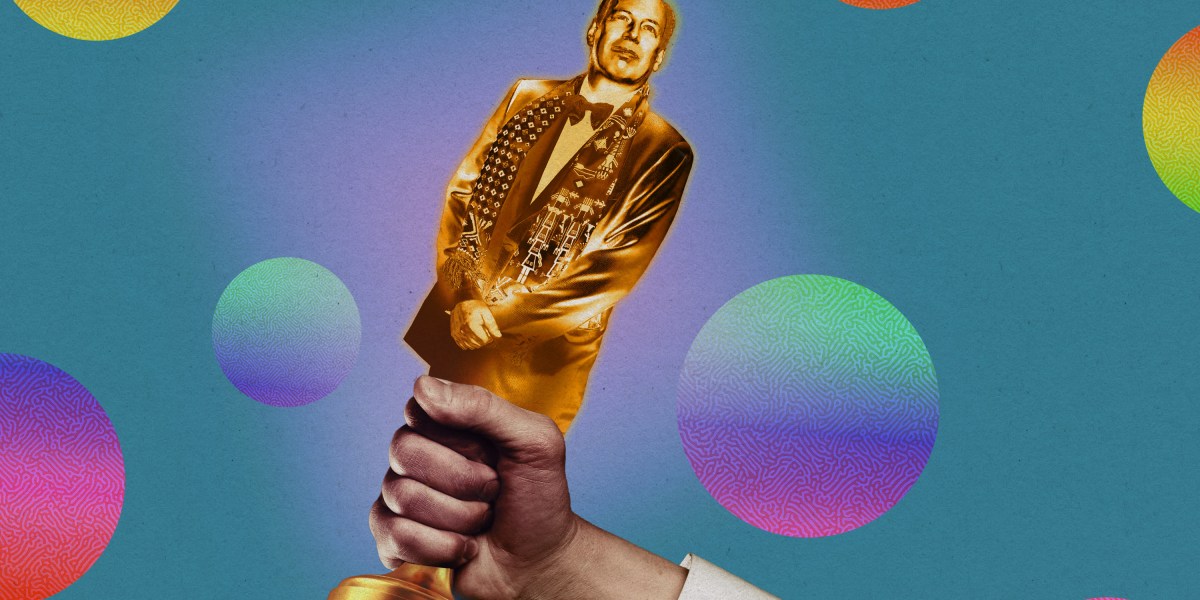A Disney director tried—and failed—to use an AI Hans Zimmer to create a soundtrack

Edwards, who ended up using the real, flesh-and-blood human Hans Zimmer for the soundtrack of his movie, said he played the AI-generated track back to the composer. Zimmer, he said, found it amusing. Zimmer wasn’t reachable for comment.
Edwards’s experiment speaks to an issue at the heart of one of the biggest fights facing Hollywood today. Artists and creatives are up in arms over generative AI. Hollywood is currently at a standstill as actors and writers are striking over fairer labor conditions and the use of generative AI in the film industry. There is also fierce pushback from authors and artists who argue that tech companies steal their intellectual property by indiscriminately scraping the web for images and text. Prominent artists such as comedian and author Sarah Silverman have sued AI companies for copyright infringement.
It’s still early days for music-generating AI, which might explain why Edwards got the results he did, says Henry Ajder, an expert in generative AI.
“From my experience, some quite simple AI music is pretty convincing. It’s difficult to tell the difference between an AI-generated composition and a human performed composition,” he says.




